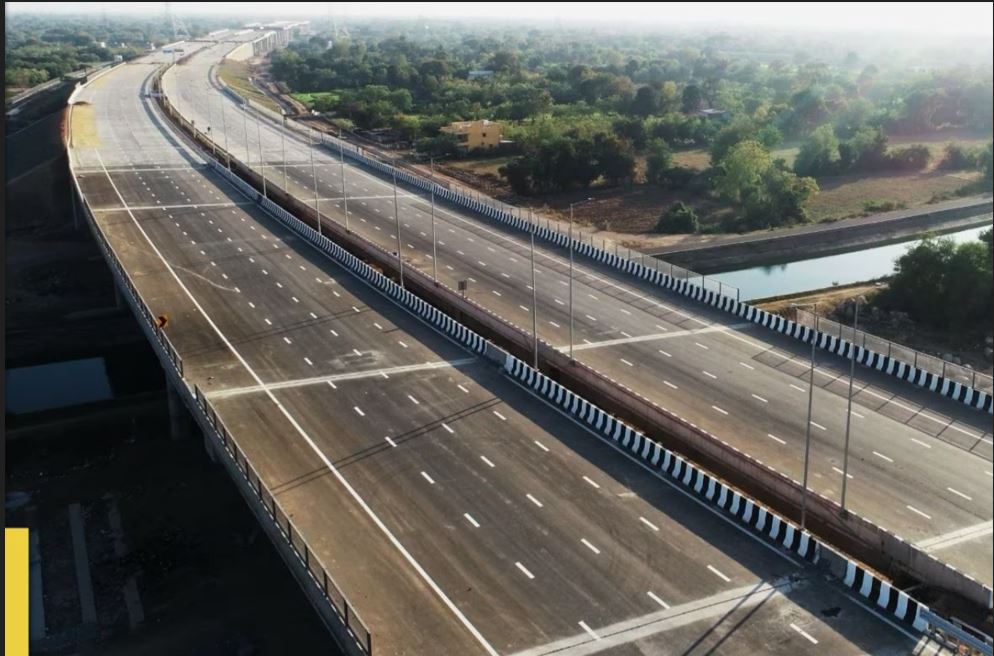Gurugram to Vadodara in 10 Hours: Delhi-Mumbai Expressway’s Kota Tunnel Route Explained
The long-awaited Kota tunnel on the Delhi-Mumbai Expressway is nearing completion. Once it opens, it will significantly reduce travel time between Gurugram and Vadodara, cutting the journey from the current 20–22 hours to just 10 hours. This marks a major milestone in India’s infrastructure development, greatly enhancing connectivity across multiple states.
The Delhi-Mumbai Expressway is a crucial project designed to improve connectivity, and the construction of the Kota tunnel, located in Rajasthan, is in its final stages. This tunnel, which navigates challenging hilly terrain, will revolutionize road travel for commuters frequently traveling between Gurugram (Delhi NCR) and Vadodara, Gujarat. The new route will not only make travel faster but also smoother and more convenient.
How Will the Route Work?
The journey from Gurugram to Vadodara will follow a streamlined path, starting at Alipur village near Sohna, just outside Gurugram, the main entry point for vehicles from Delhi NCR. The stretch from Gurugram to Dausa is already open, significantly cutting travel time between Delhi and Rajasthan. After passing through Dausa, the expressway will continue toward Kota, where the Kota tunnel is under construction. Once completed, the tunnel will provide a direct passage through the hilly terrain of Kota, ensuring an uninterrupted ride toward Gujarat.
From Kota, the route will proceed to Vadodara, passing through several key areas in Gujarat. Vadodara, an important city along the way to Mumbai, will now be directly connected to Delhi-NCR via the expressway, making it easier for travelers and improving the flow of goods and services throughout the region.
Wildlife Conservation Focus
Significant attention has been devoted to the wildlife near the Kota tunnel, particularly the Mukundra Tiger Reserve. Efforts have been made to ensure that the construction of the tunnel does not disturb local wildlife. The design and construction processes have been carefully planned to minimize any impact on the surrounding natural habitat, allowing for the safe passage of both commuters and animals.
Delhi-Mumbai Expressway: Key Features
Once fully operational, the Delhi-Mumbai Expressway will reduce travel time between Delhi and Mumbai to just 12 hours, down from the current 24-hour journey. The eight-lane expressway will also enhance connectivity between major cities, including those in Haryana, Rajasthan, Madhya Pradesh, Gujarat, and Maharashtra, and will be designed for vehicles traveling at speeds of up to 120 km per hour. The project is estimated to cost ₹1 lakh crore and has the potential to expand to 12 lanes in the future if necessary.
As of June 2024, 82% of the project has been completed, with the entire 1,386 km stretch expected to be ready by October 2025. This development promises to revolutionize road travel and enhance India’s infrastructure capabilities.




